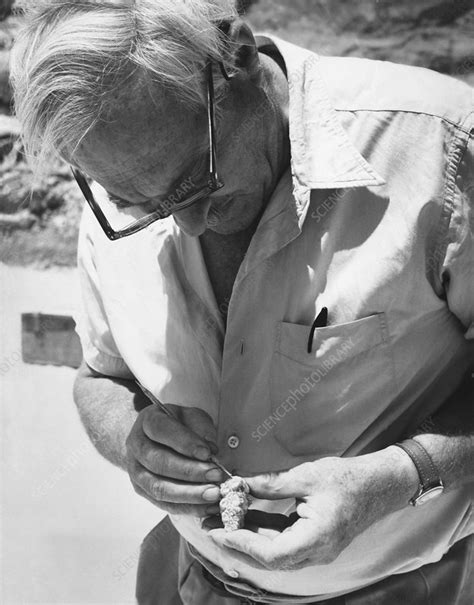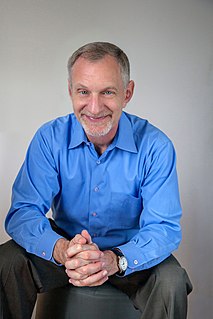A Quote by Louise Leakey
In the rush of today's world, and with more than half of us now living in cities, the majority of people are less and less connected with the spectacle of nature.
Related Quotes
It's Good...But
No more rush hour driving
To start and end your day
No more early alarm calls
But..much less pay
No more back stabbing
Or rising to the bait
No more phone calls from the boss
Asking you to work late
But...having to get by
On half your hourly rate
Now you have all day
To sit or doze to stay to go
Anywhere you like...
..cheaply
You've got less dough
Travel around the world
Do anything you've desired
But do it economically
Now that you're retired
Nature. As the word is now commonly used it excludes nature's most interesting productions-the works of man. Nature is usually taken to mean mountains, rivers, clouds and undomesticated animals and plants. I am not indifferent to this half of nature, but it interests me much less than the other half.
For half of the world's population, roughly three billion people around the world living on less than two dollars a day, an election is at best a means, not an end; a starting point, not deliverance. These people are looking less for an "electocracy" than for the basic elements that for most of us define a decent life--food, shelter, electricity, basic health care, education for their children, and the ability to make their way through life without having to endure corruption, violence, or arbitrary power.
Roughly two billion people participate in the money economy, with less than half of those living in the wealthy countries of the developed world. These affluent 800 million, however, account for more than 75 percent of the world's energy and resource consumption, and also create the bulk of its industrial, toxic, and consumer waste.
love is thicker than forget more thinner than recall more seldom than a wave is wet more frequent than to fail it is most mad and moonly and less it shall unbe than all the sea which only is deeper than the sea love is less always than to win less never than alive less bigger than the least begin less littler than forgive it is most sane and sunly and more it cannot die than all the sky which only is higher than the sky
People are an asset, not a liability. The United States is the most immigrant-friendly nation in the world and the richest country in the world. This is not a coincidence. Those voices that would make us less immigrant-friendly would make us less successful, less prosperous and certainly less American.





































